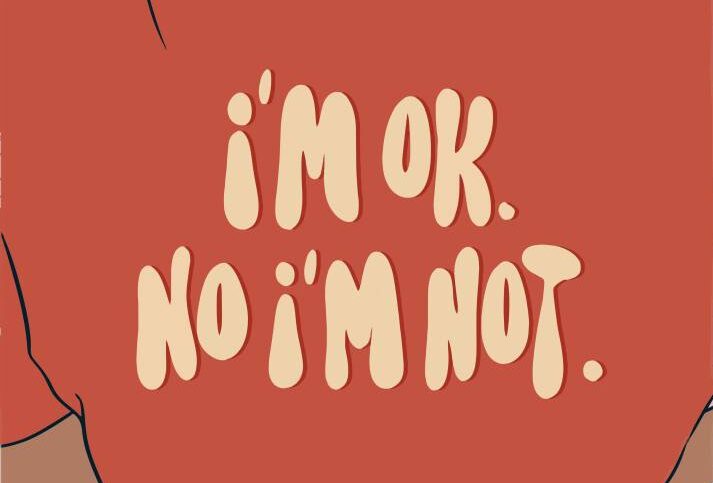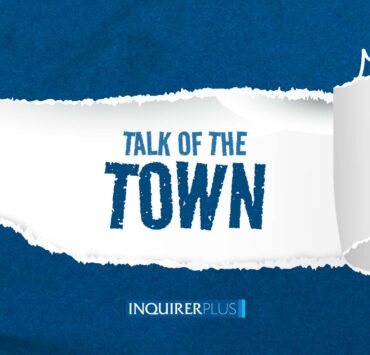A people pleaser’s plea

I once let a mall saleslady shave my brows. She said thinner brows would suit me. (No, it doesn’t.) I still said sure. But did it look good? It doesn’t matter. What mattered was that I didn’t say no, because saying no doesn’t suit my personality. At least maybe I made her day better, or maybe I did prevent things other than my brows from being awkward-looking.
There’s nothing to be proud of about my brows or the fact that I am a chronic people pleaser. Psychologists read you like a book. Some people give you advice on setting boundaries. Some just take advantage of your obsession with people-pleasing. Some just write articles about the ways to stop it.
It’s a never-ending cycle when people get to know me. And of course, accepting their opinions and what they generally think about me as a person is the only choice, but deep down, I know why I keep on being a people pleaser.
People-pleasing liars
People-pleasing is often defined as being overly nice to the point that you compromise and sacrifice what you actually want. This is why people pleasers demonstrate a pattern of self-sacrifice that is, in the end, unhealthy and defeating. So, yes. We’ll laugh at your stupidest jokes. We’ll say yes to that expensive bar hop, even if we can’t afford it.

According to Jennie Sheffe, a licensed professional counselor in Pennsylvania, it can develop from a previous experience where self-expression and honesty were responded to negatively. It can also come from a negative encounter with conflict, where people-pleasing eventually became a trauma response to prevent future conflicts.
It’s not because we enjoy pretending. It’s because we’re terrified of what might happen if we stop. If we say no.
But if you’re thinking that we are nice or that taking advantage of this kindness would somehow make us your go-to person, it’s time to rethink your perceptions. The thing about us is that we’re being dishonest with you, even more so with ourselves.
Celebrate small wins
The tricky thing about being nice all the time is that it wears you down slowly. You keep saying yes to things you don’t really want to do, and you keep giving without receiving until you notice how empty you’ve become.
So lately, I’ve been trying to practice being “unacceptable.” I’ve been setting boundaries. Learning to say no. Not too much, though, just in small ways.
Sometimes, I let a message sit unread for 30 minutes instead of replying right after seeing it. I also learned to cancel plans when I’m not up for it—when I would rather binge-watch a movie or just sleep. Each time I do this, I still feel that familiar guilt of rejecting their request. But at some point, I also consider it a win.
To be honest…
Our habits might come from different unhealthy backgrounds, but it isn’t too far-fetched to understand that most expect some form of reciprocity, whether you’re a people pleaser or not. Kindness is a two-way street after all, and sometimes, we just want to know that when we show up for people, someone will show up for us, too.
It doesn’t have to be grand. A favor returned without asking or a quiet understanding that most of our yeses come from love rather than obligation. Because deep down, we’re not just doing it for acceptance. We’re doing it out of hope that when we choose kindness, the world might mirror it back to us somehow.
So if you see someone staying awake for two days to help you out, or someone agreeing to an on-the-spot brow shaving just to avoid rejecting an eager saleswoman, maybe you should pause before you thank them for doing you a favor. Maybe you should ask them what they really want for once.
To be honest, we don’t need much. We just need a little proof that the kindness we give isn’t just absorbed by silence. And maybe, hope is the reason why we keep people-pleasing. Hoping that someone, somewhere, is willing to please us back.

















